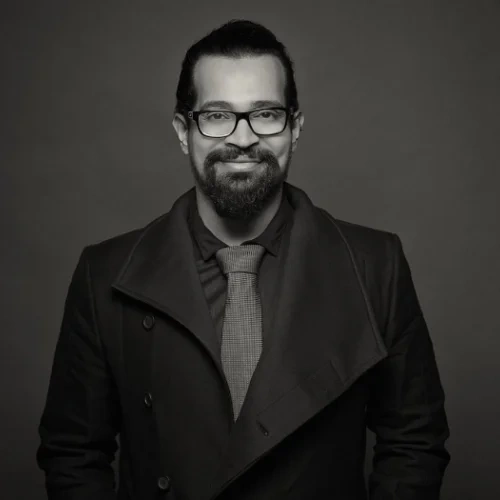Supervision - A process for ongoing development for Coaches
In today’s modern-day corporate world, managers are making big investments in training seminars and signing-up consultants to help coaching employees. Earlier, the term coach got associated with Sports. Now, there is also a whole new field of personal and professional coaches, taking their place alongside the long-established professions of vocal coaches, sports coaches, and labor coaches. Coaching and mentoring are the new buzzwords. Is this an era for new professional roles or just an effort to rename supervision strategies for individual’s, teams?
There are distinct differences between training and coaching, with the former focused on skills and know-how, while the latter aims at nurturing self-defined goals and passions. Earlier, it was considered, that supervising and training has a focus of upholding standards and managing resources, while coaching and mentoring keeps the focus on learning and working from his or her strengths, learning style, and desired goals. These distinctions are more than a matter of semantics. They represent different attitudes and approaches to helping staff get better at their jobs.
Mentoring and supervision are adjuncts to the development of capable coaches and they share many skills and attributes. They both:
- Depend on powerful relationships with clients.
- Require experience and maturity from the person offering the service.
- Support the coach in becoming a better coach.
- Offer reflective questions and exploration of issues.
- Provide confidentiality and safety to explore.
- Are forms of accompanying the client (coach) on a learning journey.
Coaching supervision is a collaborative learning practice to continually build the capacity of the coach through reflective dialogue and to benefit his or her clients and the overall system, defined by ICF.
On the other hand, the purpose, preparation for and timing of mentoring and supervision are substantially different.
This view of supervision and an initial reaction against the notion of coaching supervision are more prevalent in the United States than elsewhere. Darmouni and Hadjadj in La supervision des coaches, recently published in France, suggest the reason is that many coaches in the US want to distinguish themselves from therapists for whom supervision is required.
This aspect of supervision prevails to maintain the on-going quality, competence and ethics of practitioners on behalf of their clients as well as the field itself. However, coaching supervision exists to aid the coach in monitoring his or her own quality and ethics rather than to evaluate and report performance issues to an authority.
As an unregulated profession, coaching paves ways to address critical performance and ethical issues whether the coach is a novice or a very experienced practitioner.
So what is Coaching Supervision?
Coaching supervision is a collaborative learning practice to continually build the capacity of the coach through reflective dialogue and to benefit his or her clients and the overall system. defined by ICF (International Coach Federation) https://coachfederation.org/coaching-supervision-4
Coaching Supervision is the interaction that occurs when a coach periodically brings his or her coaching work experiences to a coaching supervisor in order to engage in reflective dialogue and collaborative learning for the development and benefit of the coach and his or her clients. – ICF (International Coach Federation -UK Chapter ) https://www.coachfederation.org.uk/professional-development/coach-supervision/definition-of-coach-supervision/
Supervision is the interaction that occurs when a mentor or coach brings their coaching or mentoring work experiences to a supervisor in order to be supported and to engage in reflective dialogue and collaborative learning for the development and benefit of the mentor or coach, their clients and their organisations. – defined by EMCC (European Mentoring & Coaching Council) https://www.emccouncil.org/quality/supervision/
Supervision enhances ‘seeing’ – the seeing into one’s activities and practices, the illumination of subtle processes in coaching conversations and of blind spots in oneself and in one’s thinking.
A coach supervisor is someone who would walk the walk and create a reflective space in which the coachee gets curious about the zone where intervention is needed. I describe coaching supervision as an element that allows the coachee to experience a process of Reflection, Insight and Support. Supervision enhances ‘seeing’ – the seeing into one’s activities and practices, the illumination of subtle processes in coaching conversations and of blind spots in oneself and in one’s thinking.
Super-vision is then something that I, the coach, take away with me – an enhanced view, a super-vision of my practice.’ ‘Reflection and Insight’ point to the range of learning which emerges as a result of sustained, supervisory focus on a piece of coaching or contracting, or on a particular aspect of the coach’s current style. The ‘Support’ of coaching supervision is often overlooked; coaches in supervision regularly comment on the level of relief they experience because they have a safe, reflective space in which to explore their work.
Stay tuned with our next blog and learn the “7 Eye Supervision model”






Comments